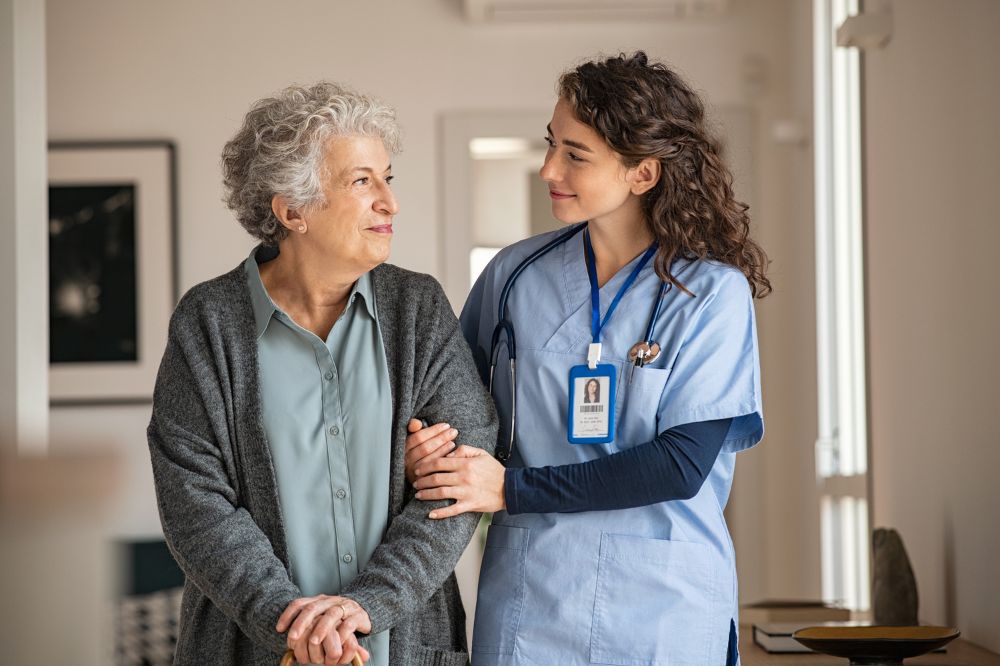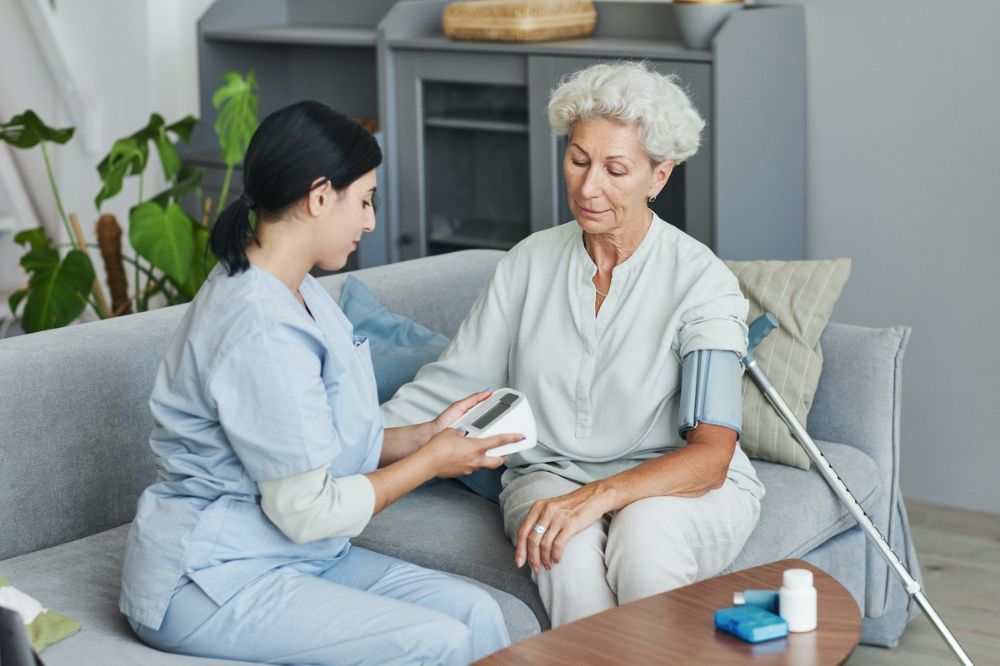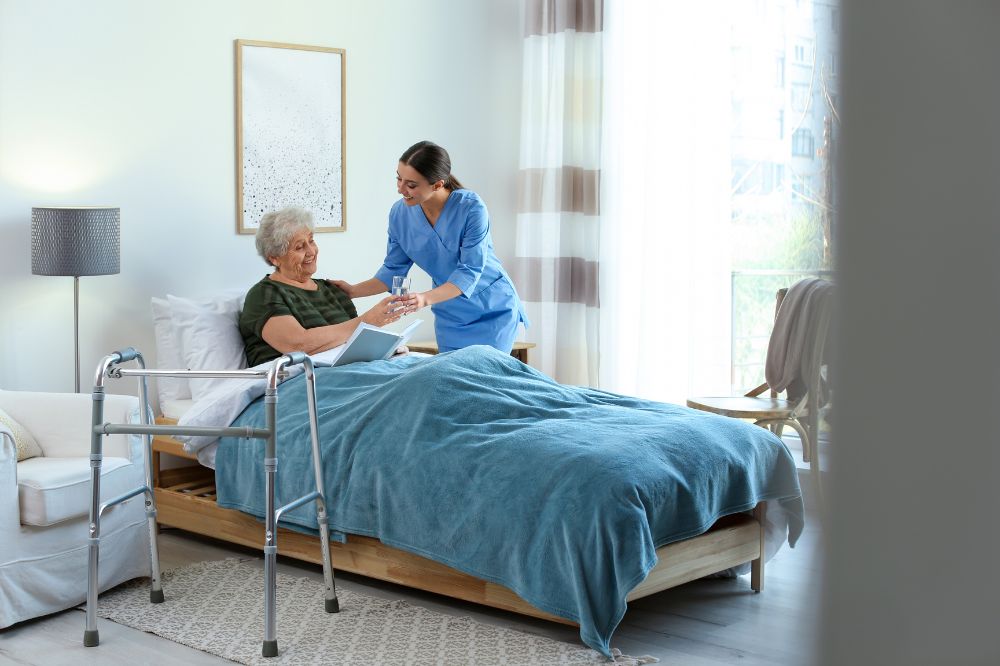Missouri has opened up COVID vaccinations to all adults. We’ve gathered together information from the CDC about getting the vaccine and what will change after you’re fully vaccinated.
Benefits of the Vaccine
The biggest benefit of getting the vaccine is that it can keep you from getting sick with COVID-19. Studies show that all of the available vaccines are effective at preventing COVID-19. They also show that even if a vaccinated person gets COVID, they are much less likely to get seriously ill. Protecting yourself also protects the people around you.
All of the vaccines were rigorously tested for their safety before they were authorized for use. They are a safer way to build protection against the virus. The more people that are vaccinated, the more people are protected from getting sick. Eventually, we hope that enough people will be vaccinated to establish herd immunity, which would protect those who cannot get vaccinated.
In the shorter term, getting the vaccine also means it would be safe for you to start doing some of the things that you stopped doing because of the pandemic. The CDC says that after you have been fully vaccinated, it is safe to gather with other fully vaccinated people without a mask. They also say it is safe to visit one household of unvaccinated people without a mask, if those people are not at risk of severe illness. You can also travel domestically without testing for COVID or quarantining. See the full details of what you can safely do on the CDC’s website.
Getting the Vaccine
Signing up
You can find resources for signing up for the vaccine at Missouri’s Vaccine Navigator. You can also find sign-up forms on your local hospitals’ websites and on the websites of distributors like CVS, Walgreens, and Walmart. Some areas have set up mass-vaccination events to help quickly administer the vaccine to the public. You can find out about these events by checking your local news.
At Your Vaccination Appointment
When you get to your vaccination appointment, both you and your healthcare provider will need to wear masks. You will also need to stay 6 feet away from others at the vaccination site, except for when you are getting the vaccine. Wear short sleeves to the appointment so your healthcare practitioner can easily reach your upper arm.
After you’ve gotten the vaccine, you will be directed to an area to sit. You will need to be monitored for 15 minutes to be sure you do not have any allergic reactions. Your healthcare providers should have appropriate staff, medications, and equipment to help you if you do have an adverse reaction.
Side Effects
You may not immediately feel any side effects from the vaccine. Do not take any medications before getting the vaccine to relieve side effects. However, you can take medication after your vaccination to relieve side effects.
The common side effects are:
- pain
- redness
- swelling on your arm where you go the vaccine
You might also experience:
- tiredness
- headaches
- muscle pain
- chills
- fever
- nausea
Most side effects should go away in a few days. They are completely normal signs that your body’s immune system is building protection. If you receive a second shot, you might find that the side effects are more intense than the ones you experienced with your first shot. These are still completely normal, and should go away within in a few days.
After Your Vaccination
It takes time for your body to build up an immunity after any vaccination. You are considered fully vaccinated 2 weeks after the final dose of your vaccine. Until then, you should continue to wear a mask when meeting with people outside your household and social distance as much as possible.
After 2 weeks, as we mentioned above, the CDC considers it safe to gather with other fully vaccinated people without masks. They also consider it safe to gather with one other household of unvaccinated people without masks. However, even after you are fully vaccinated, it is still recommended that you wear a mask, social distance, and wash your hands frequently when in public. Our health officials are still assessing how the vaccine affects a person’s ability to carry the virus, even if they don’t get sick. Until we know more, the safest option is to continue social distancing practices when in public or with unvaccinated people from more than one household.
With more people eligible to be vaccinated, many are wondering how long it will take to reach heard immunity. That all depends on how quickly our healthcare systems can distribute the vaccine and how quickly people sign up. Ideally, our vaccination rates will speed up now that all adults are eligible and we will reach herd immunity that much quicker. In the meantime, encourage your friends and family to get vaccinated when they can and continue social distancing practices in public settings. We’re getting closer to ending this pandemic. We just need to be careful for a little while longer to protect our communities as much as possible.





